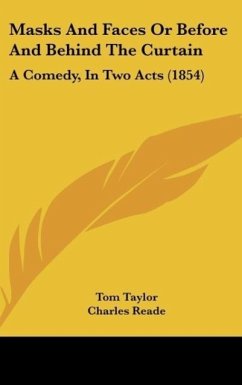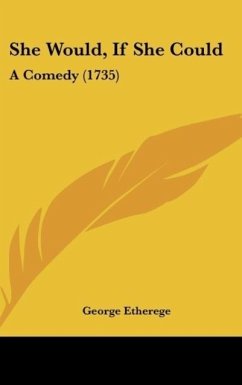Events such as the court battle over the Copyright Term Extension Act (CTEA), which extends copyright terms by 20 years, the patenting of the human genome and of genetically altered seed lines, and high-stakes controversies over literary parody have increased public awareness of intellectual property law. In this book, Saint-Amour challenges the notion that copyright's function ends with the provision of private incentives to creation and innovation. The cases he examines lead him to argue that copyright performs a range of political, emotional and even sacred functions that are too often ignored and that what seems to have emerged as copyright's primary function - the creation of private property incentives - must not be an end in itself.
Hinweis: Dieser Artikel kann nur an eine deutsche Lieferadresse ausgeliefert werden.
Hinweis: Dieser Artikel kann nur an eine deutsche Lieferadresse ausgeliefert werden.








